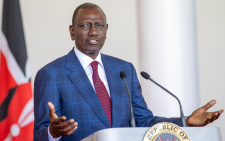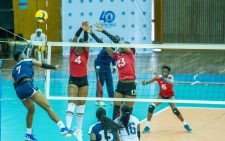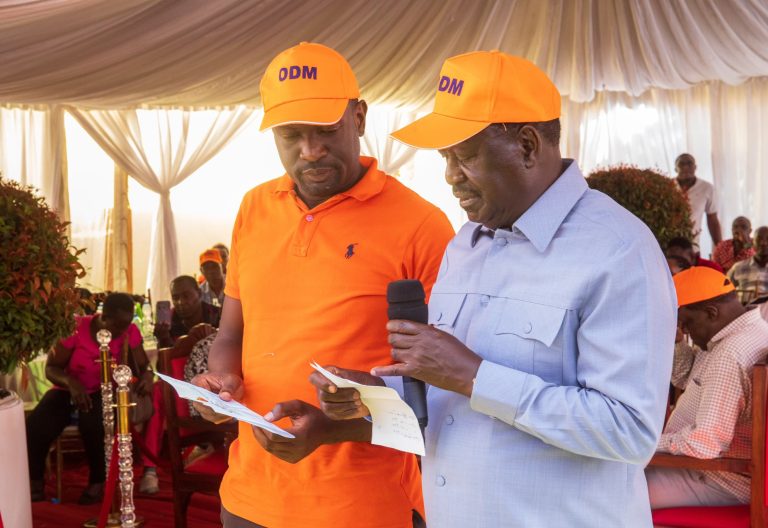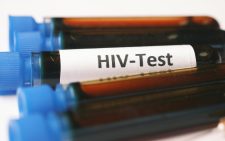PhD grants private glamour, not cudgel against foes

Many years ago, as a college student in a foreign land, I got to know a middle-aged man from an African country who claimed he had a PhD in an obscure, non-hard science field. As a foreigner, not many academic job opportunities were available to him, so he eked out a living driving a university bus, biding his time.
But what struck me most was how desperately he clung to his academic title. He would complain to fellow African scholars about how the university, despite his credentials, had refused to hire him. His PhD had become both his pride and his prison.
Memories of this unfortunate man came rushing back to me when President William Ruto recently dismissed critics of his controversial livestock vaccination programme as “stupid people” who lacked the academic credentials to challenge him.
The President, brandishing his PhD (in plant ecology) like a weapon, suggested that his critics’ supposed lack of education disqualified them from questioning his policies. “Don’t I have a PhD?” barked the President. “Now those with little education are trying to teach me. What are you teaching me?”
This defensive posturing smirked of desperation and revealed something deeper than just political rhetoric. Why did a head of state feel compelled to cite his academic credentials to try to silence opposition to his policies? Some people have suggested in recent days that this attitude betrays an underlying insecurity about social status and legitimacy.
But, to be fair, the President isn’t alone in displaying these uppity attitudes. In Kenya, academic credentials often function as status symbols rather than strictly as markers of expertise. In one recent newspaper story, for example, while a foreign medical doctor who had participated in a healthcare forum was identified without his academic title (possibly because he didn’t care to use it), the names of three Kenyan experts were preceded with “Dr” (including one from a non-medical field), so that there would be no doubt about their academic credentials.
In our society, academic titles serve as badges of social elevation. And I get it – if someone has the time, money, patience and stamina to complete a PhD, which requires several years of toil, they might as well go ahead and brag about it (to family and friends). But in other parts of the world, a PhD is only a source of private glamour. It should teach intellectual humility, presumably because it brings an understanding of how much remains unknown and is open to debate.
It should be a tool for solving problems, not a cudgel to establish intellectual dominance and social hierarchy.
The President appeared to declare that his doctorate gives him unique insights into “what is happening in Kenya”. That’s laughable. My mother, who missed elementary education as a child and only took writing and reading lessons as an adult, can articulate fairly well the problems with some government policies, because she is a frequent user of State services. She doesn’t need a PhD to know, for example, that the nearby sub-county hospital lacks basics like safety gloves and antiseptic and no one is doing anything about it.
The President’s reaction mirrors my old acquaintance’s fixation on his PhD, but with the difference that where the bus driver’s attachment to his degree stemmed from a position of powerlessness, the President’s brandishing of his credentials comes from a position of great authority.
Academic credentials should not be a claim to unquestionable authority, as the President implies. Weaponising them is a big problem in our young democracy, where we should debate policy decisions on their merits rather than the qualifications of those raising questions. Whether the livestock vaccination programme is sound policy doesn’t depend on the academic credentials of its backers or critics but on its actual effects on farmers’ prospects, livestock and the economy.
— The writer is a Sub-Editor with People Daily












